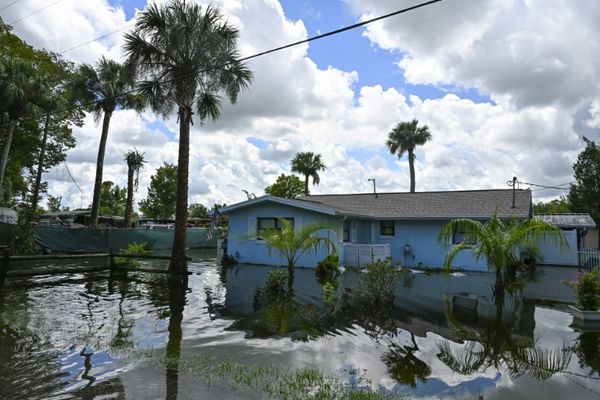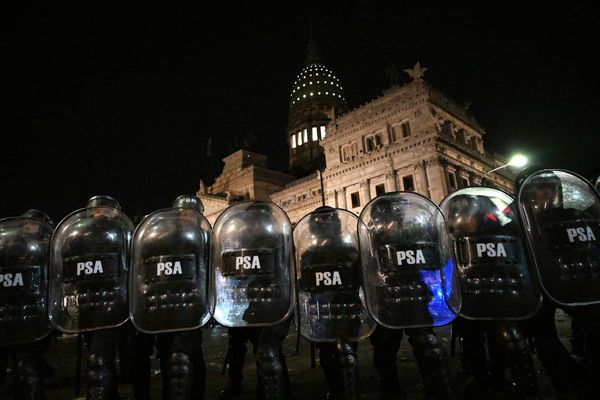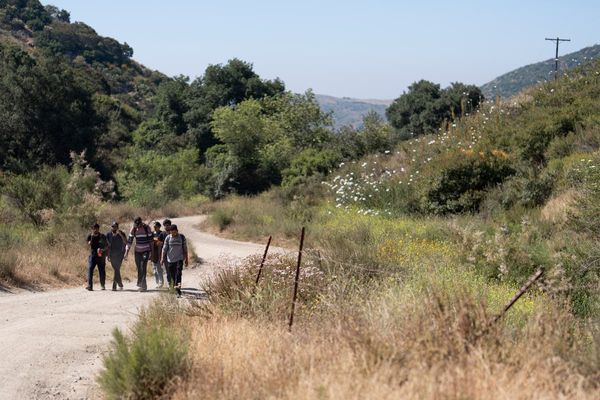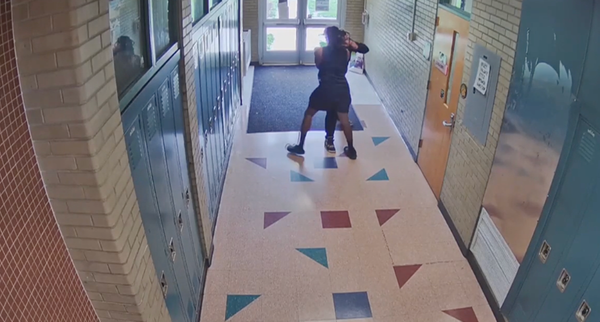
The Nationals have refused to commit to legislating an Indigenous voice if the Coalition wins the next election, undercutting Peter Dutton’s attempt to win over voters with an alternative proposal.
Dutton has campaigned against enshrining a voice to parliament in the constitution, arguing it is “risky” to mention the advisory body in the nation’s founding document.
On Saturday the opposition leader promised that if the Coalition won the next election, it would push for symbolic-only recognition of Indigenous Australians in the constitution.
“The beauty of our proposal is we propose constitutional recognition – as well as a local and regional advisory body in legislation, not in the constitution,” Dutton told the Australian newspaper.
“In legislation you can make changes. No law can change the constitution.”
But on Sunday the Nationals – the junior Coalition party – expressed scepticism about even a legislated model.
The leader of the Nationals, David Littleproud, said his party room would have to “work through” any legislated voice proposal.
“Personally I have a real concern about going back to regional models, because what it means to us in regional and remote areas is hundreds of thousands of square kilometres, not 20 square kilometres across a couple of suburbs,” he told the ABC’s Insiders program.
“This is where it practically doesn’t work.”
When pressed by the ABC’s David Speers to confirm he was at odds with Dutton, Littleproud said: “Well, that’s OK. I’m in the National party. And if the National party doesn’t get comfort with that, that’s what we stand for, but that’s my personal view.”
Littleproud said the National party – which announced its opposition to the government’s voice proposal before the wording was finalised – would be “constructive in any negotiations with anybody”.
The minister for Indigenous Australians, Linda Burney, said the comments showed the Coalition’s position was “completely confused”.
Launching the Multicultural Australia for the Voice campaign in Melbourne, Burney said the yes camp was seeking “a unifying moment for this nation” that would also make a practical difference in closing the gap.
“We are making sure that Australians are getting the right message, getting the message of hope, of unity, and an uplifting message,” she told reporters.
“What is absolutely clear to me is that the message from the opposition here is as clear as mud.”
The deputy leader of the Liberals, Sussan Ley, said earlier on Sunday that the Australian people wanted “decency, leadership, honesty, details and explanation from their prime minister”.
Ley distanced herself from the NSW Liberal leader, Mark Speakman, who has backed enshrining a voice in the constitution because he believes “the potential rewards outweigh the potential risks”.
Speakman said it was “a proposal for a purely advisory body on behalf of Indigenous Australians, who are far and away the most disadvantaged people in our nation”.
Ley told Sky News: “Mark Speakman is a good person and a great opposition leader in New South Wales … but I don’t agree with him on this issue. I think he’s got this one wrong.”
In the referendum expected to be held in October, Australians will vote on whether “to recognise the First Peoples of Australia by establishing an Aboriginal and Torres Strait Islander Voice”.
Despite Dutton’s comments that “no law can change the constitution”, the government’s proposed constitutional amendment leaves it to the parliament to legislate on key matters relating to the voice “including its composition, functions, powers and procedures”.
The federal trade minister, Don Farrell, said on Sunday it was “always going to be a difficult campaign” but he remained optimistic despite recent public polling.
“I think when push comes to shove and the vote takes place on the referendum, that we will have majority support for that Indigenous voice in the constitution,” he told Sky News.
The prime minister, Anthony Albanese, said on Saturday the Coalition was “running a scare campaign about the voice” and its “contradictions are there for all to see”.
Albanese said he had previously “pleaded” with Dutton not to use the voice issue “to cause division”.







